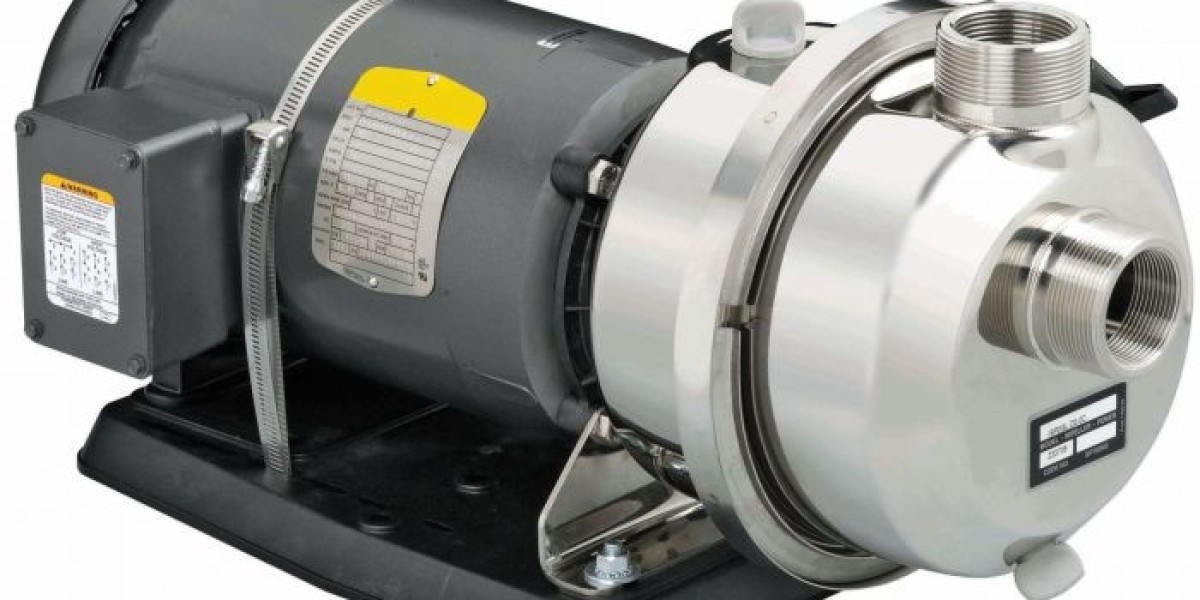The centrifugal water pump is an engineering staple in fluid transfer systems, known for its ability to efficiently mobilize water and similar liquids in a variety of applications. At its core, the centrifugal water pump operates by converting the mechanical energy of a rotating impeller into the kinetic and pressure energy of the fluid, facilitating its movement through pipelines.
Within the centrifugal water pump, water enters through the inlet or suction side and is accelerated outward by the spinning impeller blades. This radial acceleration generates centrifugal force, which increases the velocity of the water inside the centrifugal water pump. The volute casing surrounding the impeller then converts this velocity into pressure, allowing the pump to discharge water at elevated pressures suited to system requirements.
The versatility of the centrifugal water pump is reflected in its diverse configurations. Single-stage centrifugal water pumps are common in household and light industrial settings, where moderate pressure and flow rates suffice. For applications necessitating higher pressures, such as in boilers or deep well pumping, multi-stage centrifugal water pumps are employed, stacking multiple impellers to achieve the desired pressure incrementally.
Performance characteristics of the centrifugal water pump—including flow capacity, head, efficiency, and power consumption—depend on several design and operational factors. Engineers must carefully select the appropriate centrifugal water pump to align with system curves and operational parameters to prevent inefficiencies or mechanical failures.
Challenges in operating the centrifugal water pump can arise from cavitation, improper priming, or bearing wear. Routine maintenance—such as bearing lubrication, seal inspection, and ensuring proper alignment—is vital to sustain the pump’s reliability and efficiency.
The centrifugal water pump finds widespread applications in agriculture, municipal water supply, HVAC systems, and chemical processing plants. Its ability to provide a steady, continuous flow of water with relatively low maintenance makes it indispensable across these sectors.
With ongoing advancements in pump technology, the centrifugal water pump continues to evolve. Improved materials, enhanced hydraulic designs, and smart monitoring systems contribute to better performance, longer life spans, and reduced energy consumption.
In summary, the centrifugal water pump is a fundamental device whose design and operation are critical to modern water management and fluid transport systems, underpinning numerous industrial and domestic processes worldwide.



